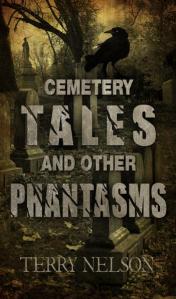Writers can relate. So too can anyone who has tried to write a story.
It begins with a dream, an idea, a thought, a fragment, a vision, a nightmare; it begins in some form within the writers brain, a sometimes partner, but more a landscape like that of the moors in “Hound of the Baskerville’s,” foggy, swampy, and empty, where the writer as detective searches out storylines, but finding none let’s his mind go, then without seeking, ideas bounce around in his head like and ball caroming off walls on a handball court, fast and furious, coming at all angles. Stop. Let me catch one.
Then more frustration. The writer sees in his mind the characters, he can see what will happen, he know where and how it will go. It is all played out in his mind. That is the fun part, the imagination given free reign, a daydream the writer escapes into. But how to accurately translate what is in the writers brain onto paper or the digital magic of Word is the problem.
The language must be precise. What is the right word? There might be a better word that more acutely gives the proper nuance. Sometimes the writer knows the word is there someplace, but it is elusive, just out of his mental grasp. Search the Thesaurus. But while doing that the rest of the thought, the rest of the paragraph may dissipate like morning fog when the sun comes up. Gone. What was I going to say? Exactly.
The brain works faster than the writers hand can write, faster than the writers fingers can type. And while writing, typing, trying to translate with perfection the thought, the description, the dialogue, the everything, it can never be perfect. Frustration. Something, no matter how slight the shading, gets lost in translation. It is never perfect. But it can be in one sentence. It can be in one paragraph. Here and there something comes out exactly, or as close to exactly as possible, but on the whole, in its entirety, the translation is never what was racing through the writers landscape.
Even in rewriting, the art of clarification, of rhythm, of making sense, the writer has a chance to make the dream whole and complete. But he is merely fixing, not realizing. By the end of the story, the origin of the daydream, the vision, what is left is the ghost of the story, but often it is good enough.




